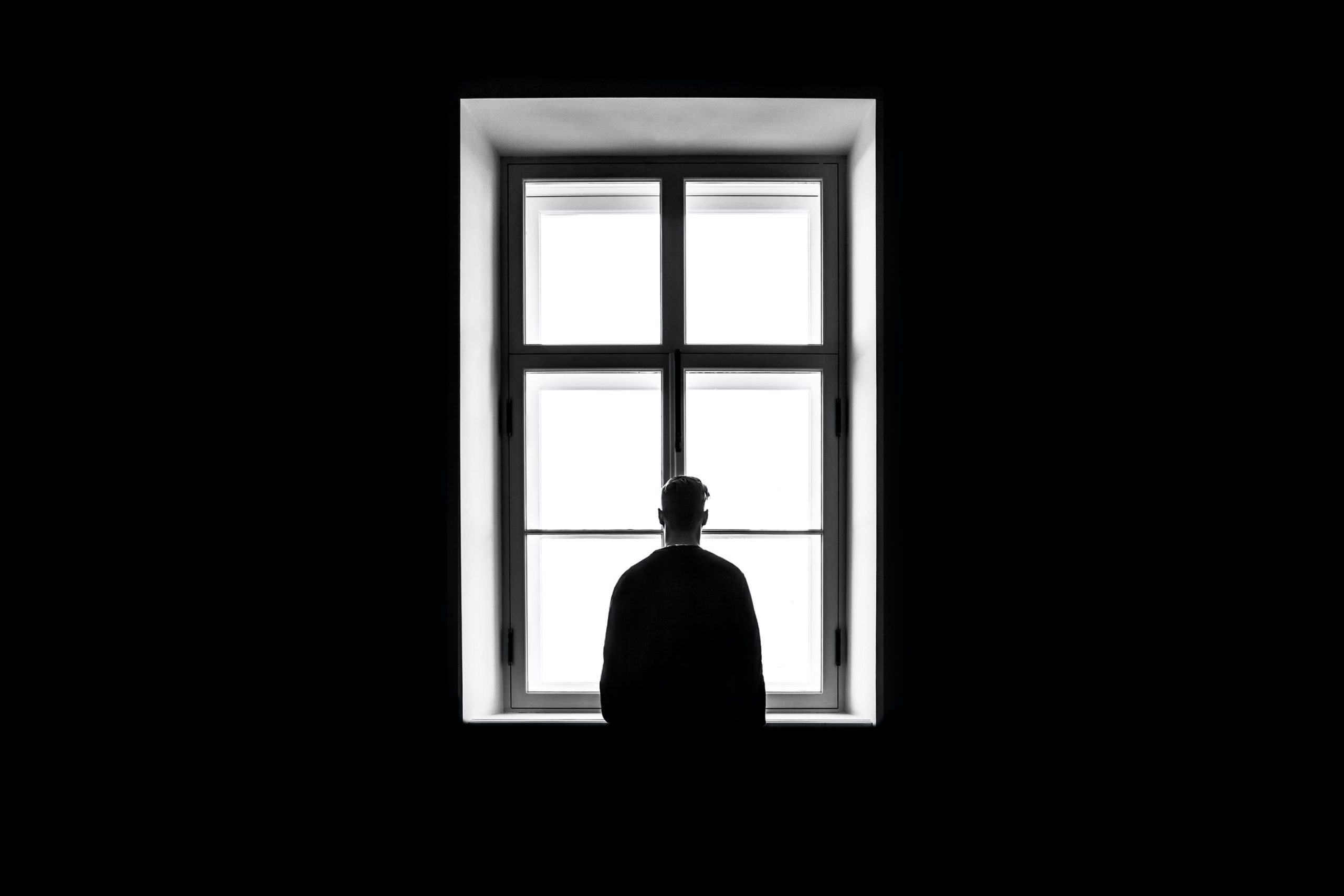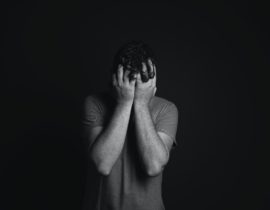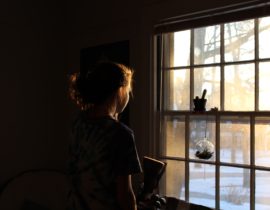If you suffer from anxiety, you are not alone.
According to the National Alliance on Mental Illness, over 40 million adults in the U.S. alone struggle with anxiety. These days, that number appears to be rising at a rapid rate. While no one knows for sure why more and more people are being diagnosed with anxiety disorders, we are fortunate in the sense that there are more resources than ever to help you handle the symptoms.
Here at Well Citizen, we know that anxiety disorders can have a debilitating effect on your life and overall well-being. That’s why we’ve compiled a list of our favorite resources to help you create the peaceful and fulfilling life that you deserve.
Talk to a Medical Professional
While this may seem like the most obvious solution, it is also the one that is often overlooked. Many of us second guess ourselves, believing that what we are going through is not that bad, or that we can manage it on our own.
Asking for help can be frightening, but it can also be life-changing. Medical professionals are the best resource for creating a plan that will work for you and your life.
Learn Your Triggers
While the word ‘trigger,’ can be a hot button term, these days, the concept behind them is really simple. We all experience situations that can stir up old memories or difficult feelings. Learning to pinpoint exactly what those situations are for you, can help you be more prepared to handle them in the future.
There are lots of different strategies to help you identify your personal triggers. We are big fans of incorporating journaling into your routine. Writing down your feelings can help give you a visual tool to begin recognizing your patterns.
Once you’ve identified your triggers, it becomes easier to build strategies to combat the feelings of anxiety you might start to feel.
Practice Mindfulness
One of the hallmarks of anxiety is that it takes us out of the present moment. We are always worried about what we did in the past, or what will happen in the future. The uncontrollable nature of these things can create feelings of panic and fear.
Creating a mindfulness practice can be a powerful tool in your battle against anxiety. Mindfulness, by definition, refers to being conscious and aware of what is happening around you. Mindfulness, as a practice, teaches you skills to stay in the present moment.
If you’ve heard of mindfulness in the past, you might have been intimidated by some of the spiritual lingo that is often associated with it. However, there is no special trick to mindfulness! It is a practice that is open to any and everyone.
To start, find a quiet place that feels safe to you. As a beginner, it is good to set a timer for just ten to fifteen minutes at a time. Sit down, and tune into your breathing. Your mind will start to wander, but try your best to just notice the thoughts that pass through your brain, without judgment.
This might feel difficult at first, but with time you will start to notice your ability to stay in the present moment, and calmly process the thoughts in your mind.
Build a Routine
One of the best ways to handle your anxiety is to build a sustainable routine. This will help ensure that all of the management steps you are taking are built into your day, so that you do not have to think about them.
An essential part of creating a manageable routine is taking a realistic look at what needs to get done in the day. Try listing out the various tasks that need to be done. Be honest with yourself about how much time each task takes.
Once you see what needs to get done, you can start making scheduled time to take care of yourself. Got a free hour on a Tuesday evening? Maybe that’s a good time to sign up for a yoga class or to take some time to practice your self-care routine.
Take Care of the Basics
Sometimes, anxiety can feel inexplicable. You’re going about your day and then bam! Here comes that sense of dread.
While there might not be a concrete reason as to why you are feeling this way, our body is more susceptible to these thoughts when our basic needs are not being met. If you are not eating regularly or getting enough sleep it can be hard to handle life’s everyday challenges.
It’s important to note that when you are in the midst of an anxiety attack, your body might not be able to give you signals telling you if it is hungry and tired. Try keeping easy-to-eat snacks near you, such as granola bars or crackers. This way, you can be prepared to offer your body what it may need, without creating extra work that you might not feel capable of doing, at the moment. If falling asleep is something you struggle with, consider talking with your medical professional about options that might be available to you.
There isn’t one solution that will magically help everyone. However, practicing these habits will help you on your journey towards building a toolkit of coping strategies that will make your everyday life manageable and happier.
What are some tools you use to cope with anxiety? Share in the comments below.






